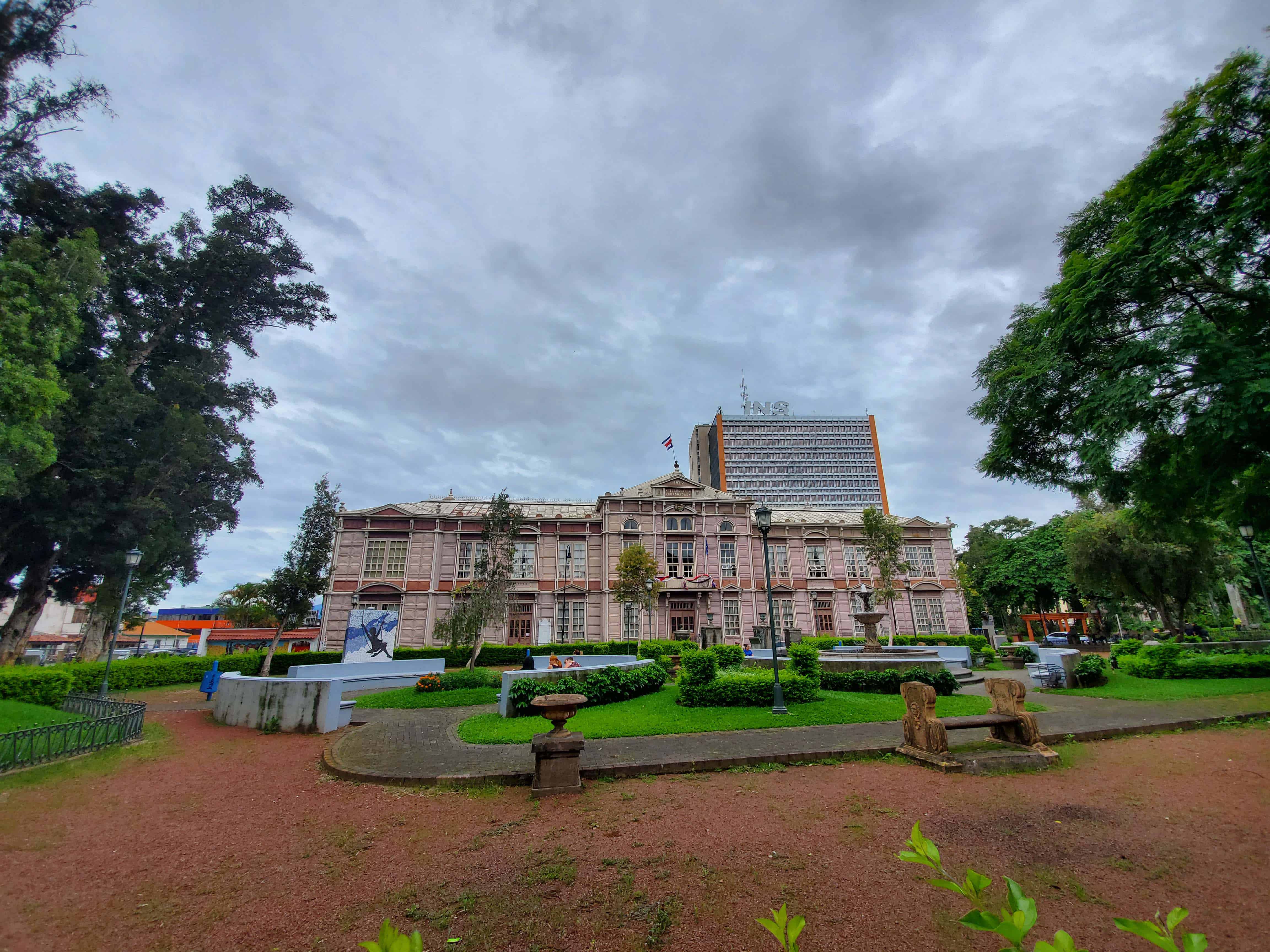Costa Rica’s Education Ministry (MEP) announced Thursday that in-person classes will not return in 2020 due to the coronavirus pandemic.
In-person learning has been suspended since mid-March. Authorities had previously established September as a tentative target for their resumption.
“The health conditions are not present, at least in the short term. That’s why we have decided — the Minister of Health, Daniel Salas, and I, with the guidance of the President of the Republic, Carlos Alvarado — not to return in-person during 2020,” said Education Minister Guiselle Cruz Maduro.
“This decision does not mean we are ending the school year. To the contrary, we are advancing and strengthening distance learning.”
The Costa Rican school year will end on December 23.
The Education Ministry will continue distributing food packages to students who rely on schools for their dietary needs, Cruz said.
In addition to an online platform, the Education Ministry broadcasts complementary educational programming via television and radio.
Incomplete adoption of distance learning
A recent report from UNESCO and ECLAC warned that the coronavirus pandemic would exacerbate gaps in terms of educational access, equity and quality.
The Education Ministry detailed some of those difficulties on Thursday.
In March, more than 1 million Costa Rican students were provided with an institutional email account in order to facilitate distance learning. To date, just 590,136 have completed account activation in order to use the online platform.
Additionally, data provided by school directors indicate 35% of students’ homes don’t have an internet connection.
The Education Ministry says it’s working to provide some 46,500 homes with a computer or internet connection. Meanwhile, the Costa Rican Electricity Institute (ICE) says it doesn’t charge users for accessing MEP websites.
Costa Rica is simultaneously advancing with plans to install broadband internet in every public school by the end of 2021. The first-of-its-kind strategy would especially benefit rural communities that otherwise don’t have reliable connectivity.






